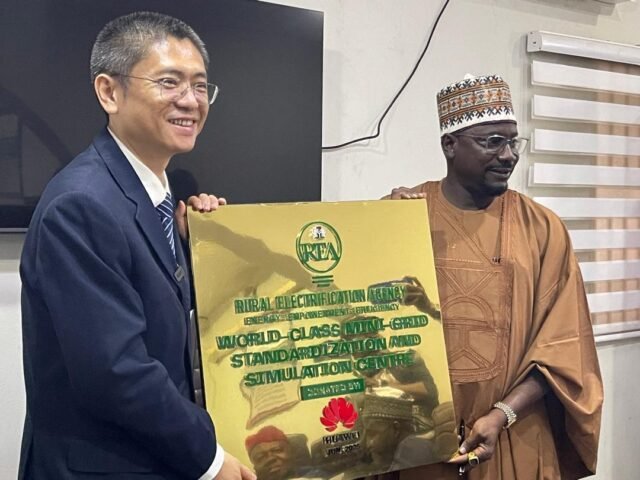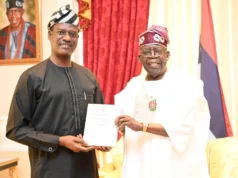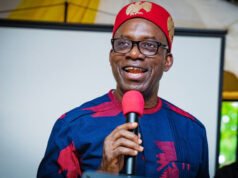In a significant development poised to reshape Nigeria’s renewable energy landscape, the Rural Electrification Agency (REA) this weekend received a donation of 18 cutting-edge testing instruments from Huawei Technologies. Valued at approximately $15,000, the equipment marks a pivotal step forward in establishing a world-class Mini‑Grid Standardisation and Simulation Centre in Abuja, demonstrating a shared vision between the Nigerian government and global technology partners toward energy access and sustainability.
Table of Contents
Building the Future of Energy Standards
Held at the REA headquarters in Abuja, the handover ceremony centred around the establishment of a state-of-the-art testing and simulation hub. This development is a direct offshoot of the Memorandum of Understanding (MoU) signed during President Bola Tinubu’s official trip to China in September 2024. Under the China-Africa Initiative, the MoU enables Huawei’s vital support to bolster Nigeria’s ambition of becoming Africa’s renewable energy hub.
Engr. Abba Aliyu, Managing Director and CEO of the REA, underscored the strategic importance of the centre, saying it addresses a persistent problem in Nigeria’s renewable energy marketplace. Investors have hesitated to establish local manufacturing or assembly plants—especially for photovoltaic (PV) panels and batteries—due to the prevalence of substandard, second-hand, and counterfeit equipment.
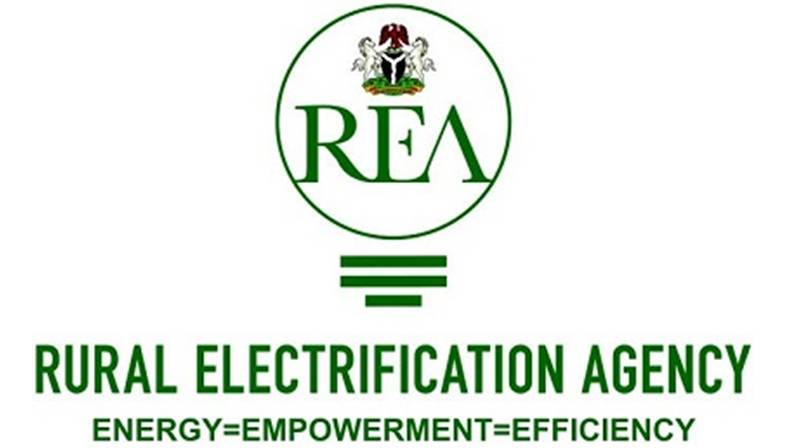
Why This Donation Matters
“Private sector investment will only flourish when manufacturers can be confident they’re not undercut by inferior imports,” explained Aliyu. “This Mini‑Grid Standardization and Simulation Centre changes that narrative. With this lab, we’ll pre‑qualify vendors based on rigorous testing before we recommend them or purchase their products.”
More than just a symbolic gesture, the donation provides practical tools to enforce quality standards, offering a mechanism to seal breaches in Nigeria’s renewable energy value chain. It ensures only certified and tested equipment enters deployment, raising the bar for energy infrastructure across the country.
Inside the Lab: Whois & What’s What
The donated test equipment includes a diverse array of lab-grade instruments:
- Power analyser
- Multimeter
- Electronic load
- Arc-fault circuit interrupter (AFCI) generator
- DC power supply
- Pyranometers (with handler)
- Battery analyser
- Precision tools (micrometer, screw gauge, vernier caliper)
- Tool kits, computers, IdeaHub, and printers
Several of these tools are first-of-their-kind in the country, empowering REA to simulate real-world conditions—temperature variances, humidity levels, fluctuating light intensity—and stress-test equipment in environments spanning Nigeria’s climate zones.
Gone are the days of manually transporting solar panels for external testing. Instead, mini-grids across the country can now be evaluated remotely, saving cost, reducing risk, and ensuring rapid diagnostics.
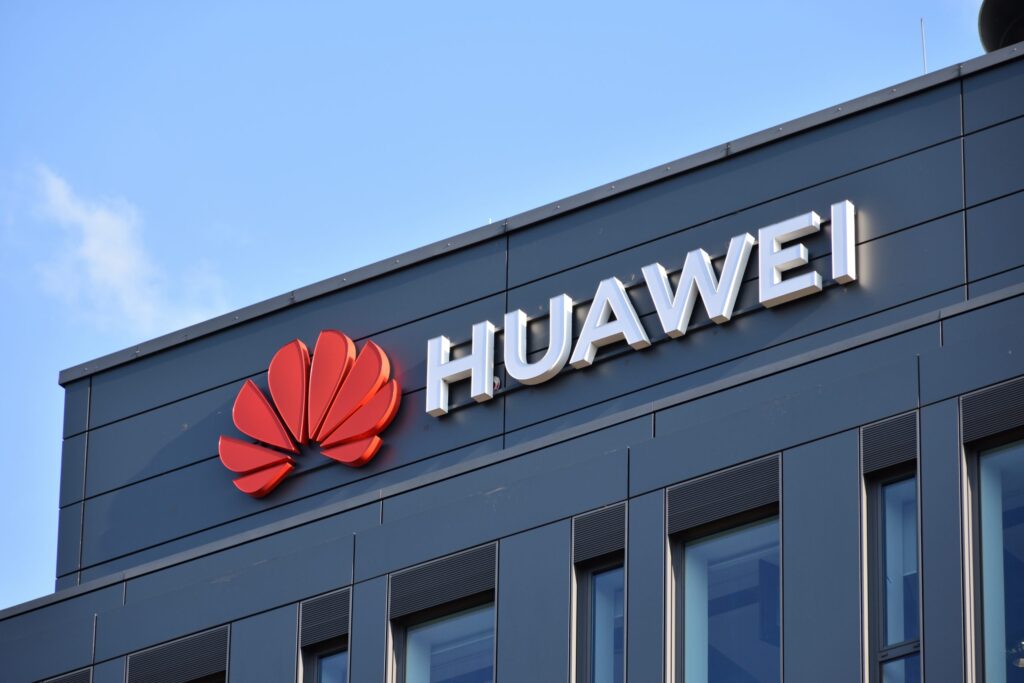
A Message from Industry: Huawei’s Perspective
Speaking on behalf of Huawei Nigeria, Board Director Zhang Jing emphasized the robustness and durability of the testing devices. “Designed to endure extreme conditions, these systems will enhance the reliability and resilience of Nigeria’s renewable infrastructure,” he noted.
This speaks volumes about the symbiotic relationship between Huawei and the Nigerian energy agency—a partnership rooted in strategic collaboration and mutual goals to expand energy access sustainably.
Why It Matters: Catalyzing Confidence, Investment, and Growth
Nigeria stands on the cusp of becoming Africa’s renewable energy hub—but systemic challenges have dampened investor enthusiasm. By eradicating the persistent threat of substandard imports, the REA’s new centre opens the door to fresh opportunities:
- Verified Vendors Only: With certified standards in place, manufacturers and suppliers must meet rigorous REA criteria before being cleared for procurement.
- Boosting Local Manufacturing: A level playing field encourages domestic and international investors to consider local assembly facilities.
- Ensuring Long-term Infrastructure Viability: Stringent quality checks reduce failures and maintenance costs, translating to reliable energy delivery.
- Stimulating Economic Development: A thriving renewable market supports job creation, innovation, and regional technological advancement.
Aliyu reiterated, “This isn’t just about testing—it’s about guaranteeing that Nigeria’s renewable energy dreams are built on foundations of quality, reliability, and trust.”
Context: Nigeria’s Energy and Environmental Push
Nigeria currently faces an energy deficit and ongoing reliance on diesel generators—a situation both costly and environmentally taxing. This initiative aligns with global and regional efforts to shift toward clean energy, reduce emissions, and leverage green technologies for development.
Huawei’s intervention reflects a broader trend of technology firms partnering with governments to deploy advanced energy solutions, causally contributing to Nigeria’s Net Zero and carbon reduction targets in the long term.
Looking Ahead: What Comes Next
With its Mini‑Grid Standardization and Simulation Centre outfitted and operational, the REA is poised to:
- Roll Out Testing Cycles: Begin vetting solar and battery components across Nigeria’s network of renewable providers.
- Macro‑Level Certification: Introduce vendor rating, stamp-of-approval schemes, and periodic quality audits.
- Scale and Export Standards: Serve as a blueprint to other African nations looking to elevate renewable energy quality protocols.
- Incentivize Local Manufacturing: Drive investment, facilitate public–private partnerships, and foster skill development in energy technology.

Expert Take: The Ripple Effect
Industry analysts have praised this move. A REA insider commented (off the record) that such a facility “transforms Nigeria from a passive energy consumer into a proactive energy regulator and validator.” With clean energy increasingly central to global economies, having in-country testing capacity can drive economic sovereignty and lower project risk.
Conclusion: A Technological Milestone with Broader Impact
Huawei’s donation is more than equipment—it’s a symbol of ambition. It holds the promise of cleaner, more reliable energy systems, bolstered by a culture of quality and performance. If Nigeria can maintain this momentum, it stands to not just light its own market, but illuminate Africa’s broader renewable future.
Join Our Social Media Channels:
WhatsApp: NaijaEyes
Facebook: NaijaEyes
Twitter: NaijaEyes
Instagram: NaijaEyes
TikTok: NaijaEyes


